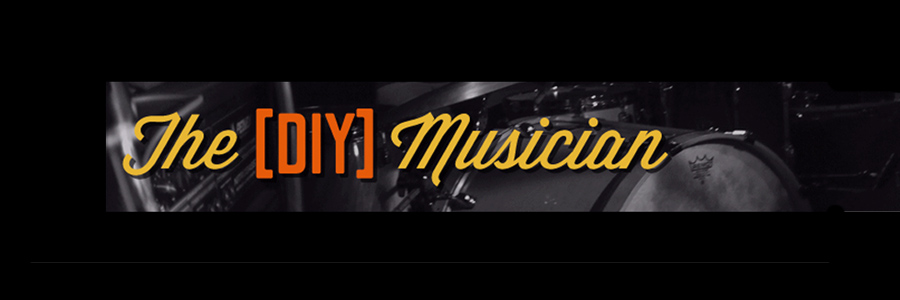Article by Chris Robley Courtesy of CDbaby.com
Here is a checklist of things every musician website needs to have
1. An updated About page with multiple versions of your bio
You should have a tweet sized description of your music and band, a slightly longer version (about a paragraph), and then the full-blown biography with a list of all your notable accomplishments. You’ll find that promoters and the press will occasionally lift phrases from your bio verbatim, so having a few bio options makes it easy for people to quickly get the info they need.
You don’t have to rewrite your bio from scratch every year. Just be sure to add a few sentences about what’s happening now. (If what’s happening now is also the most important or dramatic news about your band, be sure to put that info at the beginning of your bio).
2. A press page with hi-res photos, press quotes, and your latest press release
This is the bare minimum, assuming all the other stuff a writer would need to cover your music (contact info, videos, music, etc.) can easily be found on your website. Which brings us to…
3. A music player
You’ve GOT to have music available to stream on your homepage (and preferably across multiple pages). A second best option is to put a music player widget in the sidebar of every section/page of your website. Turn the auto-play function OFF as a courtesy to visitors who’ve left their computer speakers on loud.
And a music player that doubles as a music store? Better still!
4. Videos, videos, videos
Fans love ’em. Talent buyers want to know what you sound like (and look like) when you’re performing live. And the press might want to share them when they write about your music. So make sure you’ve got videos on your site that are easily shareable (as in YouTube or Vimeo).
5. Links to the social platforms you’re active on
No need to link EVERYWHERE, but promoters and press all have their preferences when they publicize your event or music release. A blogger might want to link readers to your YouTube channel. A promoter might want to send people to your Facebook page. So you want to have links to the basics: YouTube, Facebook, Instagram, and Twitter. (You should also have some music on Spotify, because lots of blogs that might write about your music like to use Spotify players in their posts).
6. Contact info or super simple contact form
Industry folks might need to get a hold of you ASAP. So be sure your contact info is the email account you check most often.
7. A concert calendar
What’s your gigging experience? Where have you played before, and how often? Where and when are you playing next? These details can be super helpful to talent buyers (and to fans who want to come to the shows), so keep your calendar up-to-date.
8. A news section or blog
What’s happening in your musical life? Again, this info is helpful for industry folks AND fans. You don’t have to make weekly updates, but try to at least post something new every 3 months or so.
9. A music store, or links to trusted music retailers
Promoters and booking agents probably won’t be buying your CDs or downloads, but a music store on your website shows you’re serious about your music career. Besides, don’t you want your fans to be able to buy your music?
10. Email capture tool
This probably won’t be used by industry people either, but it shows you’re taking the right steps to interact with your audience — and again, don’t you want to build your email list?
